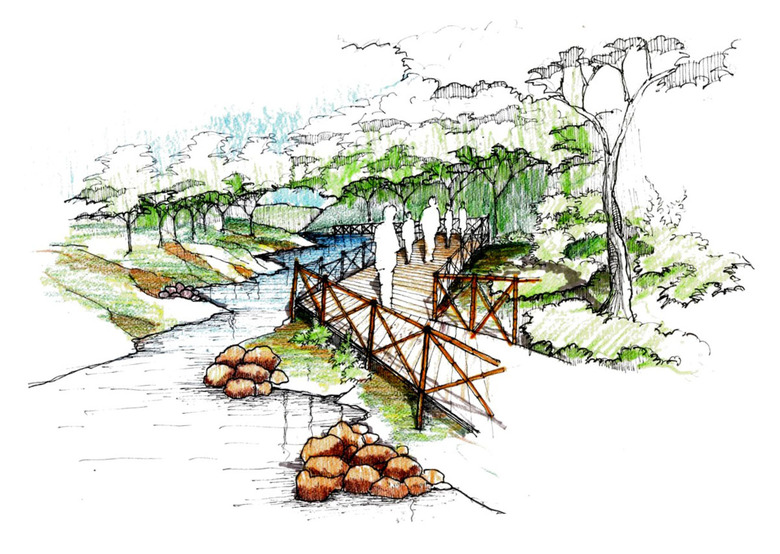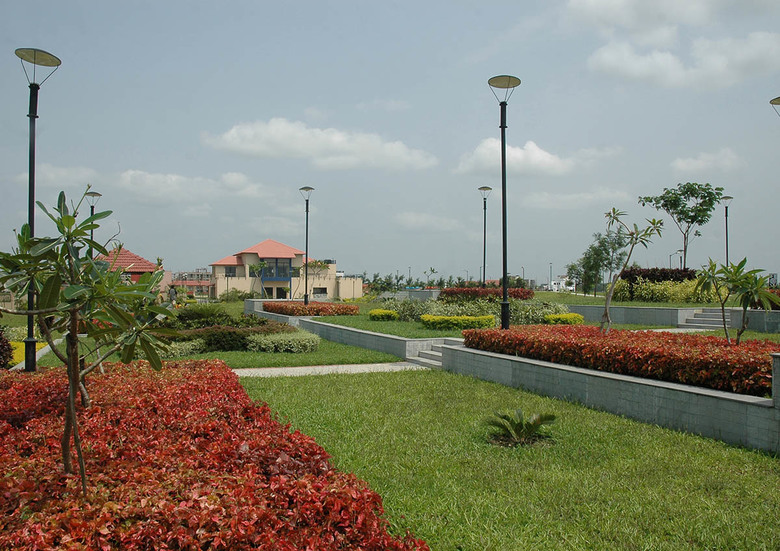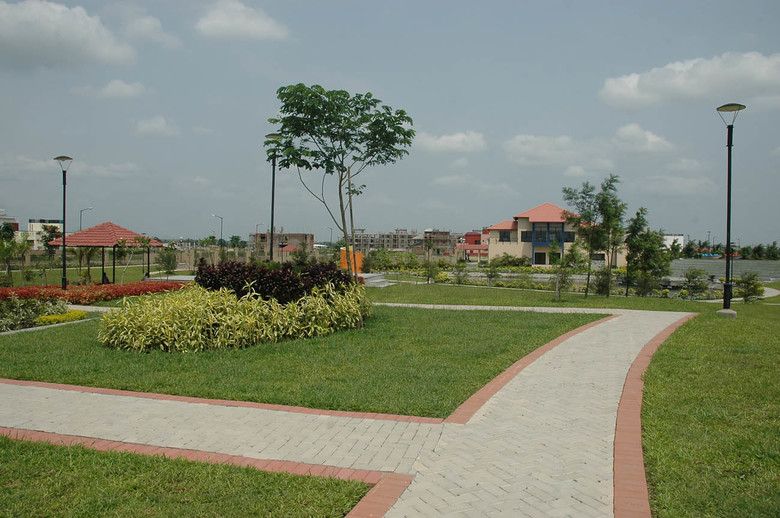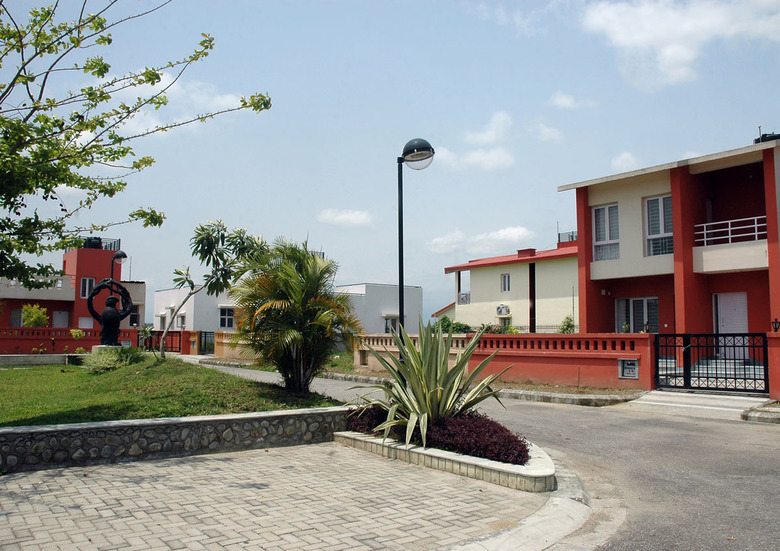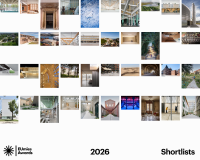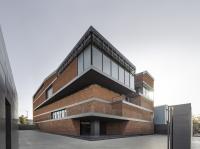The Uttorayon Township
Siliguri, 印度
The Uttorayon Township is a 400 acre development on a non productive Tea Estate in Siliguri, West Bengal. The guiding objective of the project was to create a model for low cost development in India which enhances community while respecting the environment.
One of the major challenges of current critical thought on housing is that of generating a residential space, not only from the required technical and spatial reformulation of the ‘built’, but also from the investigation of new urban orders. The key concept that is explored for the planning and design of this development is the formulation of a new urban system addressing issues of settlement identity, dynamic and flexible infrastructure, landscape and open space distribution, and perceptual paradigms. The Uttorayon Township project strives to address these very issues and generate a development that may serve as a model for future such developments.
The site is divided into smaller neighbourhood clusters of 20 plots structured around a communal green space. The cluster organization is designed for multiple configurations that can respond to changing social demands and this as a system has successfully fostered a close immediate community. The main strategy was to respect the natural topography of the site and to use it for an integrated surface drainage system, keeping the development costs low. The Township successfully uses simple technologies to tackle complex problems. Innovative waste water and storm water management systems and treatment and disposal of all types of waste within the township help in minimizing the impact on the surrounding developments. The economic drainage system described above serves as a natural ground water recharging network which mimics the original water flow patterns of the terrain and keeps storm water runoff to a minimum. Intensive studies were conducted on the streetscapes, setbacks and other built-form elements to ensure the predominantly northern wind flow can penetrate each cluster. Building codes ensure that each building is adequately spaced to maximize natural ventilation and therefore reduce the high humidity levels. The annual movement of the sun was studied to optimally orient each building to control solar heat gain. Openings are placed predominantly on the southern facades which effectively block the vertical summer sun while letting in the lower winter sun.

